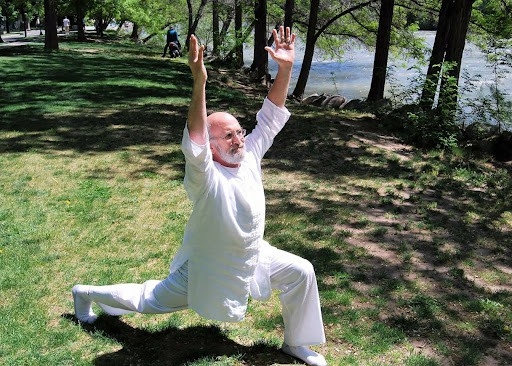At the beginning of my interview with Tod Sherman, he mentioned he was on the phone with me from inside his car. He said he needed a break. Aside from the everyday stresses that come along with caregiving, he was also dealing with a myriad of things that involve taking care of another family member.
But his primary care recipient is his wife, Dawn, a veteran who suffers from PTSD.
Post Traumatic Stress Disorder or PTSD, is a disorder a person suffers from after experiencing a traumatic event. According to webmd.com, “PTSD is a lasting consequence of traumatic ordeals that cause intense fear, helplessness, or horror.”
He says every day for him is planning and navigating around PTSD. For one, he plans around his wife’s certain triggers. The doctor she sees is someone she needs to have established rapport and be familiar with. Otherwise, a visit to the doctor can turn into a bad situation that involves yelling and screaming. At home, they don’t just let anyone enter inside. They are also careful with who they let in to avoid potential exposure to any types of viruses, most notably, the coronavirus.
On days that are more difficult than others, he drives his wife around the neighborhood, creating short spells of relaxation. He also encourages her to think of things they can plan for – something as simple as doing grocery shopping.
Caregiving for someone with PTSD, according to Tod, can be overwhelming at times because there is no cohesiveness or predictability to it.
“PTSD is not just for veterans; many individuals suffer from PTSD. There are plenty of people with PTSD, but veterans who suffer from PTSD are wired differently,” he said. “their training experience, structure, and response are different from everyone else’s.”
To help himself manage through the everyday journey of caregiving, he created an acronym as a guide for himself: A.A.R.P – Aware, Alert, Respond, and Positivity.
According to Tod, it is critical to be aware of the care recipient’s needs. To be aware, you must listen and listen to their story because PTSD sometimes hinders them from speaking their mind. “You need to listen because whatever information they are sharing with you, you might be able to gather context clues of what they may be really asking for,” he said. “You also have to realize that when you are caring for someone with PTSD, it is about them and not about you. So, ask questions and take in the answers – whatever that may be.”
He also advises for family caregivers to try to offer different, positive alternatives, and to get rid of anything that may be emotionally unhealthy for them.
“As a caregiver, I need to be protective of my wife,” he said. “I am blessed that I love my wife so much that I take my time to not let her mind take over.”
Tod says staying positive has helped him with caregiving journey. He encourages caregivers to come up with three things in the morning they are grateful for. He stresses the importance of not letting negative talk get in the way of yourself and taking care of others. “There’s always something to be thankful for,” he said.
Click here for more veterans’ resources.
Interview by Luiza Benisano
